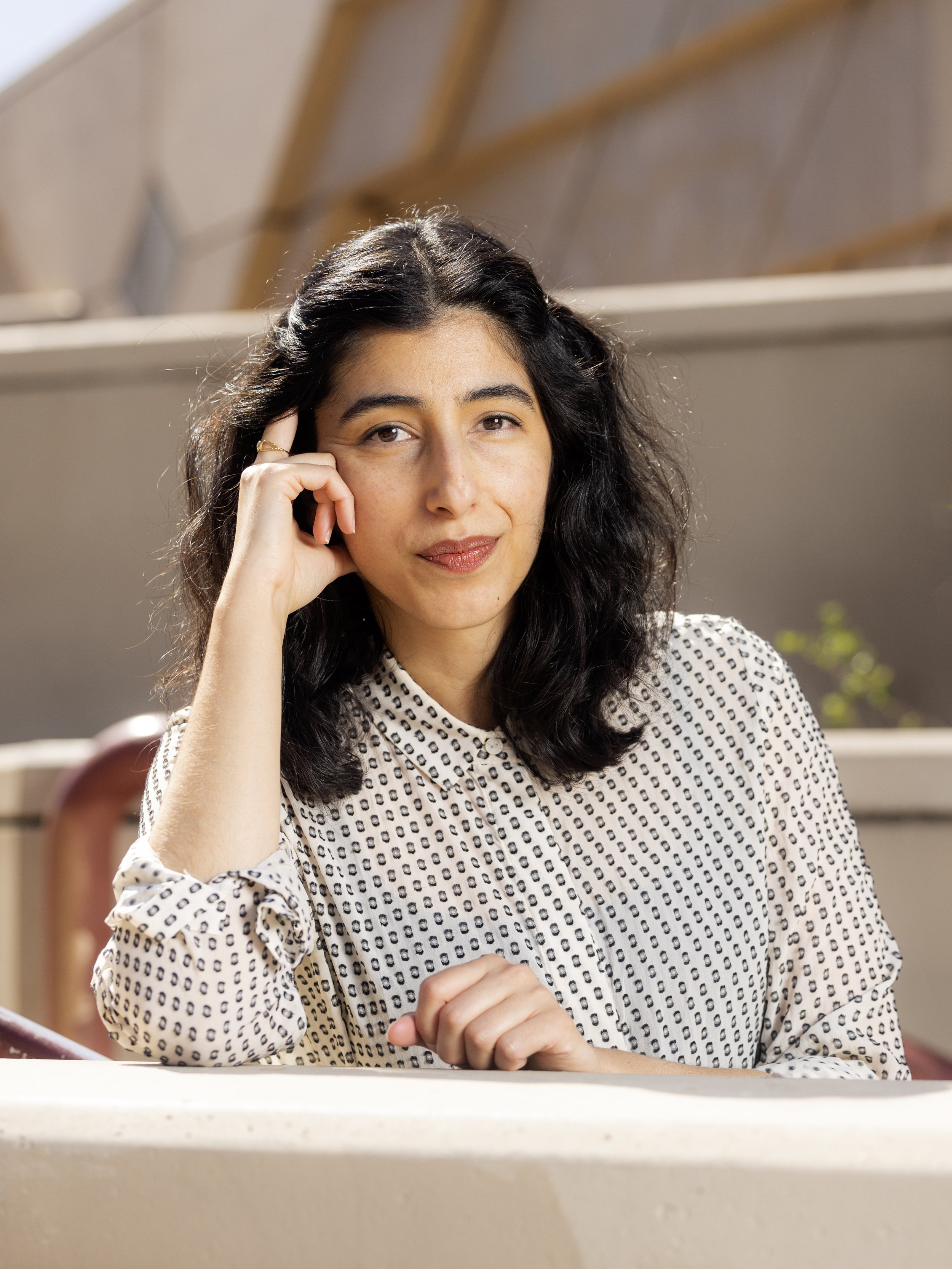Solmaz Sharif is the author of two books of poetry, most recently Customs (Graywolf Press, 2022) which Publisher’s Weekly praised as “complex and confident” in a starred review. Her first book, Look (Graywolf Press, 2016) , was a finalist for the National Book Award and a New York Times Notable Book. Her work has been recognized with a “Discovery”/Boston Review Poetry Prize, Rona Jaffe Foundation Writers’ Award, and Holmes National Poetry Prize from Princeton University. She has received fellowships from the National Endowment for the Arts, Lannan Foundation, and Stanford University. Her poetry has appeared in Harpers, Paris Review, Kenyon Review, Granta, New Republic, Poetry and the New York Times.
In an interview with Lightbox Poetry, she was asked if she believes creative writing can be taught: “Yes. It is a democratic medium, not a lightning bolt from the gods to the chosen. If creative writing is not picked up, I believe it’s an emotional resistance. There is the craft side of writing, which can easily be taught. I mean, this is the part of writing that can be reduced to work sheets and assignments—strong verbs, concrete details, repetition and rhythm. But there is the other thing, which has to do with just giving a damn. I often cite an anecdote about Thich Nhat Hanh, the Buddhist monk. At a talk, he asked the audience to turn to the person next to them and hug and introduce each other. Routine stuff. They did. Then he asked them to do it again, this time knowing they both will die. That’s the attention and care and urgency creative writing requires— to be willing to see everything shimmering, precarious; to be willing to find the language that lives up to our lives. I don’t think the emphasis is on being creative so much as honoring. It’s not about creating from nothing, but being open to the fleeting awe that is in everything, committing yourself to the seeing behind sight.”
Born in Istanbul to Iranian parents, she grew up in the US. She holds degrees from U.C. Berkeley, where she studied and taught with June Jordan’s Poetry for the People, and New York University. She is currently the Shirley Shenker Assistant Professor of English at U.C. Berkeley.




